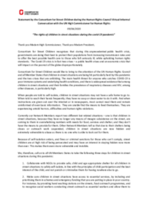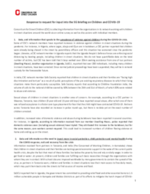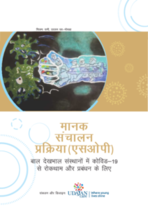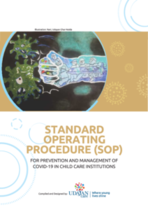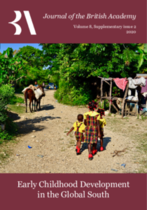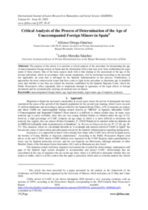Statement by the Consortium for Street Children during the Human Rights Council Virtual Informal Conversation with the UN High Commissioner for Human Rights
In this statement, the Consortium for Street Children calls on all UN Members States to take three steps for children in street situations during this pandemic.

